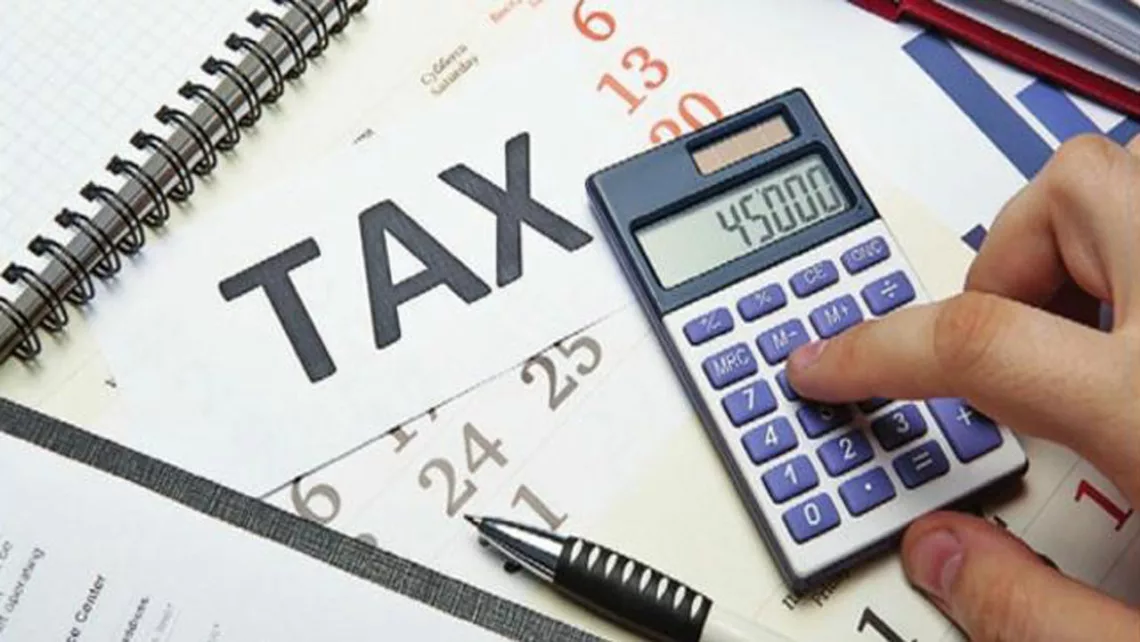In Nigeria, as in many parts of the world, discussions about taxation often center on revenue generation, fiscal policy, and economic development. Yet, beneath the surface lies a profound issue of gender inequality within the tax system, one that is often overlooked but has significant implications for social justice and economic empowerment.
Addressing tax equity, particularly through the lens of gender, is not just a matter of fairness; it is essential for building a more inclusive and prosperous society.
At its core, tax equity means that individuals and businesses should contribute to public finances based on their ability to pay, with due consideration given to their economic circumstances.
However, the reality in Nigeria, as in many countries, is far from equitable, especially when it comes to the treatment of women within the tax system. Gender disparities intersect with various aspects of taxation, perpetuating social norms, and reinforcing discrimination against women.
One of the key issues is the undervaluation of unpaid work, primarily performed by women. Despite playing a crucial role in sustaining households and communities, activities such as caregiving, domestic labor, and subsistence farming are often unrecognised and unremunerated. As a result, women’s economic contributions remain invisible in the eyes of the tax system, leading to a skewed distribution of tax burdens.
Moreover, gender disparities in employment and income exacerbate the problem. Women in Nigeria, on average, earn less than men and are more likely to be engaged in informal or precarious work. Consequently, they have fewer resources available for tax payments, yet they bear a disproportionate share of indirect taxes, such as value-added tax (VAT), which are regressive and place a heavier burden on low-income individuals and households.
Furthermore, social norms and cultural expectations often limit women’s participation in the formal economy, leading to their underrepresentation in higher-paying professions and decision-making positions. This systemic exclusion perpetuates a cycle of economic disadvantage, leaving women more vulnerable to poverty and less able to meet their tax obligations.
Addressing these challenges requires a multifaceted approach that recognises the interconnectedness of gender inequality and taxation.
First and foremost, there needs to be a shift in mindset within both the government and society at large to acknowledge and value the unpaid work done by women. This could involve implementing policies that provide tax credits or deductions for caregiving responsibilities or creating social security systems that recognise and support unpaid caregivers.
Moreover, the tax system itself must be reformed to be more progressive and equitable, with a focus on redistributing wealth and addressing income disparities. This could include measures such as implementing progressive income tax rates, increasing taxes on wealth and capital gains, and reducing reliance on regressive indirect taxes that disproportionately affect low-income individuals, including women.
Additionally, efforts to promote women’s economic empowerment and gender equality must be integrated into tax policy and administration. This could involve providing targeted support and incentives for women-owned businesses, promoting access to education and training opportunities, and addressing barriers to women’s participation in the formal economy.
Beyond policy changes, addressing gender disparities in taxation requires challenging entrenched social norms and stereotypes that perpetuate discrimination against women. This necessitates comprehensive education and awareness-raising campaigns to promote gender equality and challenge harmful beliefs and practices that perpetuate gender-based discrimination.
Furthermore, empowering women to participate in decision-making processes related to taxation and public finance is essential for ensuring that their voices are heard and their interests are represented. This could involve promoting women’s participation in budgetary processes, tax policy development, and oversight bodies, as well as ensuring that tax administration agencies have gender-sensitive policies and practices in place.
Ultimately, achieving tax equity in Nigeria requires a concerted effort to address the intersecting factors that contribute to gender disparities within the tax system. By recognising and valuing women’s contributions, reforming tax policies to be more progressive and equitable, promoting women’s economic empowerment, and challenging discriminatory social norms, Nigeria can take significant strides towards building a more inclusive and just society for all its citizens.
In conclusion, taxation is not just about revenue collection; it is a powerful tool for promoting social justice and economic development. By prioritising tax equity and addressing gender disparities within the tax system, Nigeria can create a more equitable and prosperous future for all its citizens, regardless of gender. The time to act is now.





